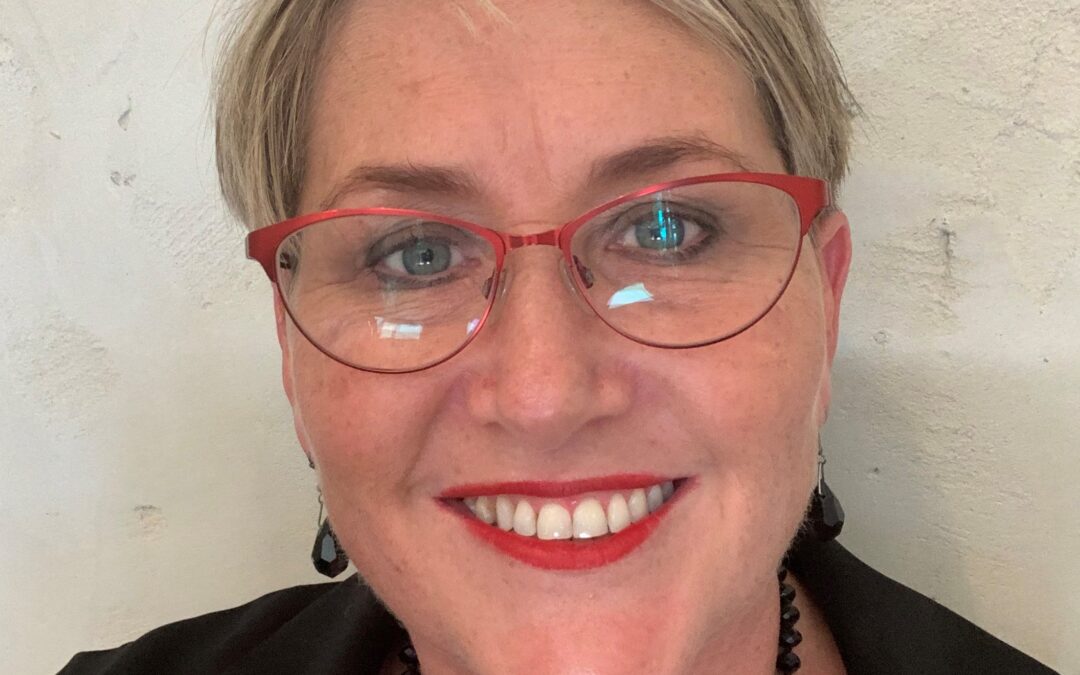Kersten Gentle is the Executive Officer of the Frame and Truss Manufacturers Association (FTMA). She is an industry expert with 30 years experience in the forest and wood products industry. She is also a champion of gender equality and the stand against domestic and family violence. We spoke to Kersten to get her thoughts on the workplace and domestic and family violence (DFV).
What role does the workplace have in the stand against domestic and family violence (DFV)?
More and more large corporations, builders or government are looking to partner with businesses who address key social issues. We encourage FTMA Members to address these issues, as it may help them to be successful when tendering for work. Furthermore, like many other industries in Australia, the frame and truss sector is predominately made up of “mum and dad businesses” and even the larger companies still hold true the family values. Therefore, addressing key family issues such as DFV in the workplace, in my opinion, helps them become an employer of choice.
What do you think the key issues are in relation to organisations taking a meaningful stand against DFV?
I represent the frame and truss sector, which is predominately male dominated with an estimated 88% of all employees being men. Given businesses are forever struggling to find the right workers and furthermore retain those workers, it is important they target the whole population. Women make up 50.2% of the population so if our industry creates safer working environments and holds true to their family values, it is our belief they can attract more diversity into their businesses both in design and manufacture.
To make a workplace attractive to everyone, we need to ensure workers feel supported, whatever is happening in their lives. This includes taking a meaningful stand against DFV. Whilst we understand small businesses are busy, DFV is a key issue we need to address for the wellbeing of our businesses, our people and our community.
Do you have any thoughts on potential solutions to these issues?
DFV is part of a bigger picture of gender inequality.You cannot be what you cannot see and this is definitely an issue within the timber supply chain. How can women be encouraged to enter an industry, if they don’t see successful women in key roles or on boards? Leaders must act to demonstrate their seriousness about increasing diversity within the workplace and not just talk about it. FTMA Australia has worked hard to bring diversity to our board and it is important that this continues. However, women won’t enter a sector that they see as male dominated especially if they can’t see where women are respected and have a supported work haven.
The starting point is to implement a DFV policy within the workplace, but that isn’t the only task as a policy doesn’t change anything if the company isn’t invested in truly making a difference. The introduction of the DFV policy should be seen as way to start a conversation, an opportunity to address DFV and raise awareness of the signs so more people can feel empowered to unmute themselves when they see the wrong behaviour being displayed.
It is vital that male dominated industries such as the timber supply chain addresses these issues and demonstrates their willingness to provide a supported work haven.
As a leader, what can you and other leaders do to address DFV?
Leaders need to be heard, they need to feel empowered to speak up and stand up when they see signs of injustice and people being held back due to circumstance. I love the Government’s Unmute yourself campaign (https://www.youtube.com/watch?v=9g4-puN2K9o), and I think it delivers a clear message that we shouldn’t stand back and be a passive bystander.
I believe leaders need to demonstrate that they are willing to lead a change, be prepared to listen and to look at ways to increase diversity. If we want to attract good people, we need to show them that we are inclusive and we care.


Recent Comments